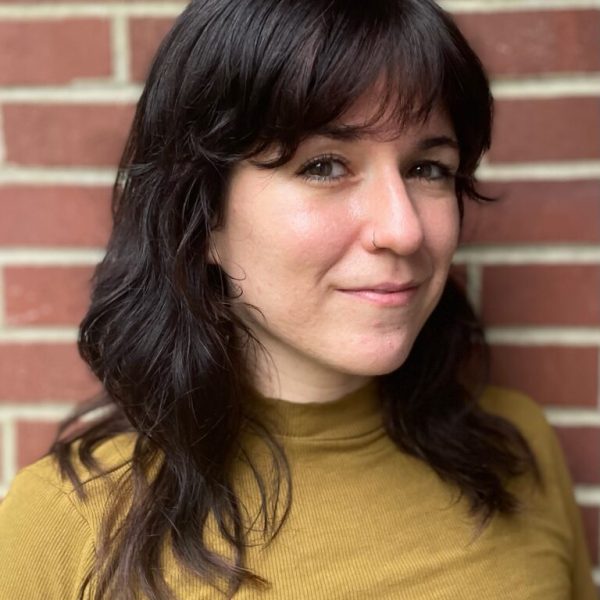Written by Michelle Perdomo, Ph.D.
 Like many kids that grew up with immigrant parents in the US, the first language I learned was not English. By the time I started grade school, I had some working knowledge of English, but I was still placed in an ESOL (English to Speakers of Other Languages) program.
Like many kids that grew up with immigrant parents in the US, the first language I learned was not English. By the time I started grade school, I had some working knowledge of English, but I was still placed in an ESOL (English to Speakers of Other Languages) program.
Language, and particularly the differences and similarities between languages, continued to interest s me for the rest of my life. Our family moved around, and I attended schools in New York and Florida, leading to linguistically diverse classroom settings. When I started working at the age of 16, my place of employment included an international exchange program, where I met coworkers from all over the world, many of which became lifelong friends. We spent most of our idle time teaching each other useful and some not-so-useful phrases in our respective dominant languages.
Despite my interest in language, I spent my first two years in undergrad as a chemistry major. Things took a turn, though, when I took an Intro to Linguistics course as an elective. It had never occurred to me that I could study language from a scientific perspective, and I was so hooked on the course that I inevitably changed my major. From there on, I joined a behavioral language lab as an undergrad research assistant. As I started exploring the possibilities of behavioral research, I became drawn to psycholinguistics – the study of the mind and its role in language processing. My focus included bilingualism and second language acquisition, particularly related to the ways in which exposure to language affects a bilingual person’s ability to comprehend and produce language. I ultimately received a PhD in Linguistics at the University of Florida, as well as a Second Language Acquisition and Teaching certificate.
My role at Vanderbilt is two-fold. My initial role as a postdoc began in September 2019. I have been working with a group of remarkable collaborators to put together a project that entails examining the effects of exposure to text on websites and the effect of that exposure on grammatical processing of difficult sentences. This approach takes into account an person’s individualized experience reading content online. In Fall 2021, I received a Diversity Supplement with the National Institute of Child Health and Human Development (NICHD), allowing me to extend this project to include bilingual adolescents in Nashville schools. This endeavor is particularly exciting as there are a myriad of factors that affect development in the adolescent years, yet little is known about these effects or how they also interact within different types of bilinguals.
My other role at Vanderbilt is as a Language Teaching Specialist for the English Language Center (ELC). I have taught courses such as Academic Speaking, Communication for International TAs, as well as Academic Communication for Postdocs. These teaching opportunities allow me to directly work with the needs of language learners and help to scaffold their academic English development. The best part of teaching is being able to include bits of psycholinguistic research to explain linguistic phenomena in a way that my students may have not considered beforehand. In addition to teaching, and with the help of some colleagues at the ELC, I have established LATTE (LAnguage Talk and Topics Exchange), a discussion group that meets every week to share research or materials from different realms of language research.
In my free time, I enjoy spending time at home with my husband and cats, Rudy and Keiko, tending to my houseplants, going to live music shows, and lifting weights.